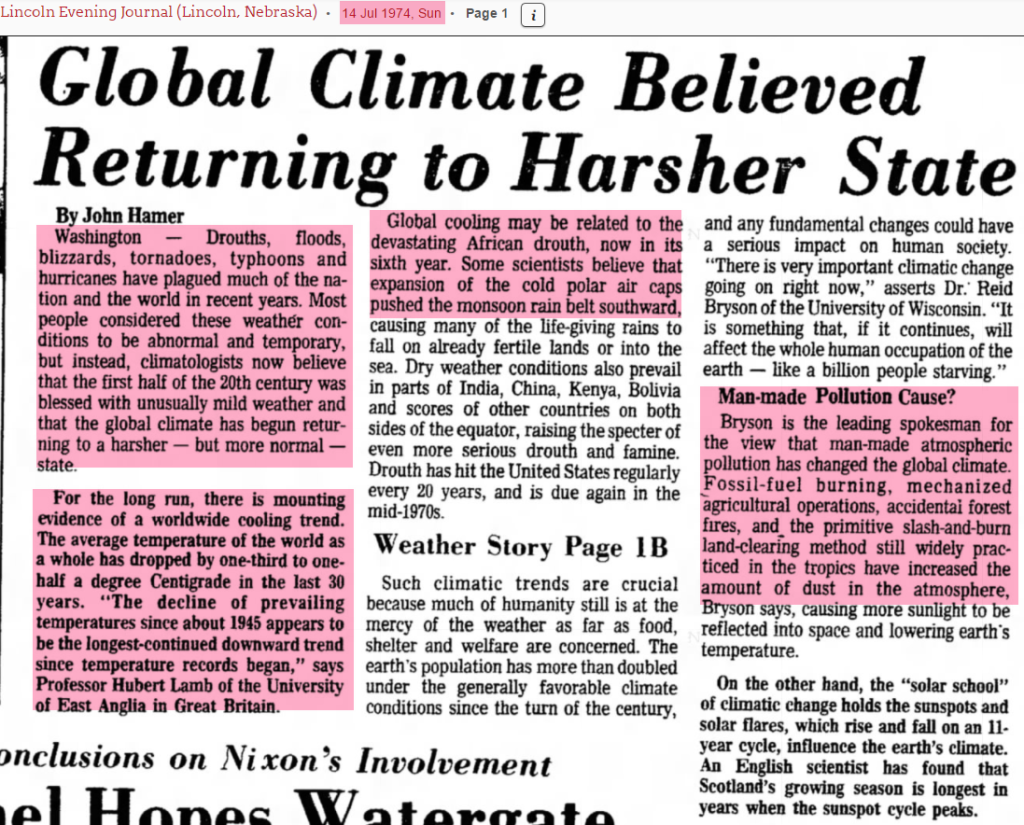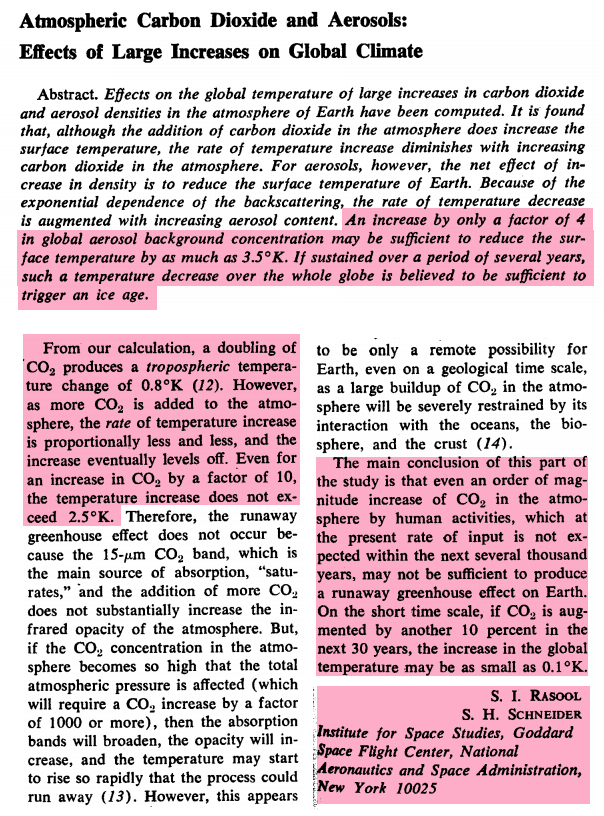cancel2 2022
Canceled
The GISS-Institute of NASA is playing a shady role in the climate debate. For years it was directed by creedal climate activist James Hansen, and has since squandered much credibility. Now his years-long colleague Gavin Schmidt is at the helm, also an activist. Dubious data alterations with the GISS datasets will likely become interesting material for science historians.
GISS went public with a press release on December 18, 2015. The first part of the release was quite reasonable. Indeed we should not neglect calibrating the models with the known temperature history. Various climate factors have been at play and all had impacts in their own way:
.
Examination of Earth’s Recent History Key to Predicting Global Temperatures
Estimates of future global temperatures based on recent observations must account for the differing characteristics of each important driver of recent climate change, according to a new NASA study published Dec. 14 in the journal Nature Climate Change. To quantify climate change, researchers need to know the Transient Climate Response (TCR) and Equilibrium Climate Sensitivity (ECS) of Earth. Both values are projected global mean surface temperature changes in response to doubled atmospheric carbon dioxide concentrations but on different timescales. TCR is characteristic of short-term predictions, up to a century out, while ECS looks centuries further into the future, when the entire climate system has reached equilibrium and temperatures have stabilized.”
.
Very good, we thought. Did GISS finally realize that CO2 sensitivity had been over-estimated for years? See our earlier reports on the subject:Estimates of future global temperatures based on recent observations must account for the differing characteristics of each important driver of recent climate change, according to a new NASA study published Dec. 14 in the journal Nature Climate Change. To quantify climate change, researchers need to know the Transient Climate Response (TCR) and Equilibrium Climate Sensitivity (ECS) of Earth. Both values are projected global mean surface temperature changes in response to doubled atmospheric carbon dioxide concentrations but on different timescales. TCR is characteristic of short-term predictions, up to a century out, while ECS looks centuries further into the future, when the entire climate system has reached equilibrium and temperatures have stabilized.”
.
.
- Climate debate turning point? Climate models moving closer to reality
- Late but important recognition: CO[SUB]2[/SUB] climate sensitivity, extreme heat models being scrapped, ocean cycles seen as an important systematic climate factor
- Studies from 2014 provide hope: Warming effect of CO[SUB]2[/SUB] indeed very much over-estimated. Official correction forthcoming
http://notrickszone.com/2016/01/29/...ty-playing-a-shady-role/#sthash.30iizFs1.dpbs


